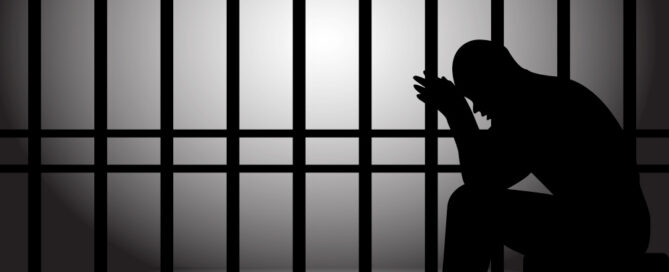Grievance
Last month state auditor Doug Hoffer released a 41-page report outlining the comprehensive failure of the Department of Corrections’ process for addressing grievances submitted by people incarcerated in Vermont’s prisons.
The auditors found that DOC is failing at essentially all of the major aspects of the grievance process. They wrote that “DOC’s process to receive and respond to grievances lacks transparency due to unreliable data, does not provide assurance that complaints are resolved, and operates without centralized accountability. Specifically, there were significant deficiencies in the (1) accuracy and completeness of DOC’s grievance data, (2) responses to grievances, and (3) executive oversight of the process.” (more…)










